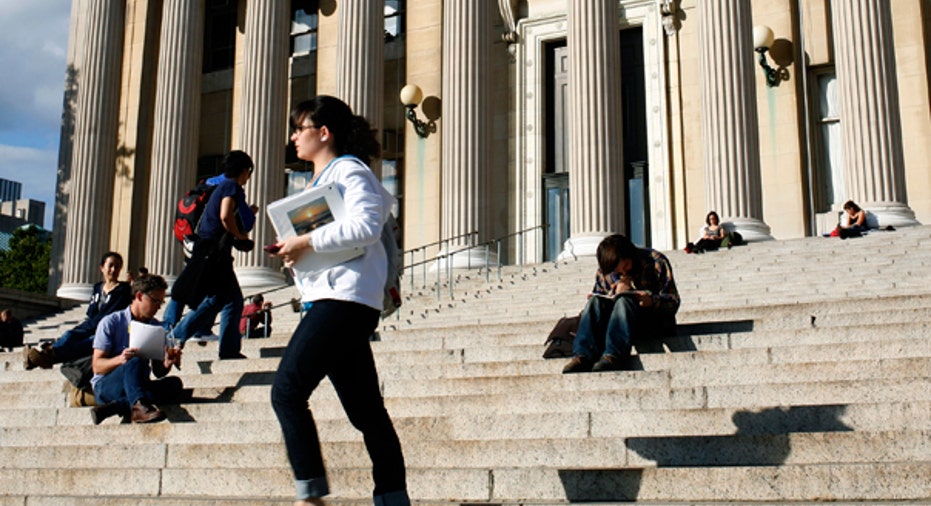How to Pick the Right Community College

With students graduating with record amounts of debt, undergrads and their families are looking for ways to trim the cost of a college degree and many are turning to community colleges to fulfill basic education requirements and then transferring to a university as an upperclassman.
According to an August 2011 study by Sallie Mae, 22% of college students with annual family incomes over $100,000 attended community colleges last year, up from 16% four years ago.
Community colleges also provide associate degrees and help with job placement, and can serve as a stepping stone for prospective freshmen who want to continue with school but are hesitant to start out at a big university.
“Finding the right college is really important, but more important is making sure that college has a program and an environment that motivates you,” says Isa Adney, a graduate of Seminole State, a two-year institution in Florida and author of Community College Success.
To help students choose the best community college that fits all of their needs, here are four significant factors to consider.
Identify long-term goals
Adney explains that students who want to specialize in a certain career will want to find a community college that offers a corresponding program and related courses.
Students who intend to transfer need to start communicating with the transfer university early to make the process smooth. Students who know what school they want to transfer to should bring the course catalog to their community college advisor, recommends Adney, who transferred to Stetson University in Central Florida. That way students can avoid taking classes that won’t transfer.
“Two years goes by very fast, and it is vital to know as soon as possible what will transfer to…not waste any time or money on classes that don't count towards their intended degree,” she says.
Know your learning style
Norma Kent, senior vice president of communications for the American Association of Community Colleges, recommends students examine a community college’s average class size and evaluate whether or not it fits their learning needs.
“Students at a community college can really make that one-on-one connection and they have faculty who are primarily focused on teaching versus research and those kinds of things that you might find at other types of institutions,” she says. “I think that the students that have made those connections have a leg up in terms of learning.”
Look at the cost
The average cost of a community college is around $2,700 a year not including books, according to The College Board, a dramatic decrease from the average cost of even a public four year university.
“Students can avoid debt, save money by living at home, and still get a great education and transfer to an incredible four year university,” says Adney. “Keeping costs low without sacrificing quality is what community colleges are all about.”
While community colleges can be less costly than the sticker price of four year universities, different schools offer different aid packages and families should weigh out what makes the best sense for their financial situation, suggests Dave Berry, senior advisor at College Confidential.
“Until all financial aid avenues have been explored, it's smart not to be dissuaded by that most-times-misleading sticker price of four year schools,” he says.
Visit
Berry says that for students to make the best decision for their college career, they’ve “got to trod the sod” and see the campus firsthand.
“How desirable is the neighborhood in which the school resides? What does the student body look like? Is there a diversified mix among those with whom you will be studying? Do the faculty members appear to be engaged with their areas of expertise and passionate about their teaching? How is the physical plant?” he says.
If possible, Adney suggests sitting in on a class to get the full experience of an institution.
“Get a good preview, and go as in depth as you can--you will be more prepared,” she says. “And of course, knowing where the buildings are can save a lot of trouble on that first day of class."
Talk to alumni and current students
Community colleges are increasingly offering mentor programs, honor societies, and alumni associations that prospective students can consult, and speaking with someone who has personally attended the school is invaluable, according to Kent.
“Some students need more help than others and if they are in that situation, they need to make sure that they do plug into all student support services that their college might offer,” she says.
Adney agrees, that making a connection with others who have gone through the process to see what their experience has been like can help students make their final decision.
“I owe everything to those amazing people who were willing to share their advice [with me],” she says. “More people are willing to share than students realize--all you have to do is ask.”



















